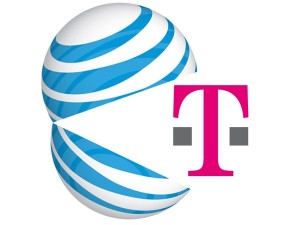The world of communications has been dominated for three decades, since United States v. AT&T, by a rather unusual confluence of antitrust and regulation. This has led to several noteworthy cases over the years addressing the interplay of the two regimes and whether the Communications Act overrides or immunizes certain communications companies or practices from antitrust scrutiny.
Luckily that’s been settled. In today’s environment, the consequence is that AT&T’s multi-billion dollar proposed acquisition of wireless rival T-Mobile will be reviewed both by the Justice Department’s Antitrust Division and the FCC. While there are some differences — DOJ must sue to block the deal, while affirmative FCC approval is required — the reality is that both agencies will apply similar competition analysis to the transaction.
That’s where things get a bit dicey. For one (although beyond the scope of this post), there’s been a long-running policy debate over whether FCC review and approval adds anything or is now redundant. More significantly, though, both DOJ and the FCC have shown a remarkable symmetry when it comes to “vertical” issues. That is, when competitive concerns arise from the relation between a firm and “downstream” rivals — for instance, as in AT&T, local and long-distance telephone providers — both agencies have increasingly opted for behavioral rather than structural remedies. (The latter go to the number and size of firms in a market, for instance by divestitures, while the latter direct the integrated post-merged firm what it can and cannot do in specified markets.)
Although the AT&T/T-Mobile deal has both horizontal and vertical elements, most media and analyst discussion to date has focused on direct competition for wireless subscribers, the classic horizontal concentration question. Regardless of the result there, observers can expect behavioral injunctions, whether by DOJ consent decree or FCC “conditions” to approval, addressing the deal’s vertical factors, for instance backhaul provided by landline telecom special access services and access to content (Web, television/video, etc.) from unaffiliated providers.
Behavioral conditions have been a growing feature of competition review in communications transactions in the U.S. for years, from AT&T/McCaw Cellular in 1993 to AOL/Time Warner in 2000 to Google-ITA earlier this year. Whether they work well, or not, is a different story for a different post. The record of their relevance and effectiveness is most decidedly mixed.


Leave a Reply